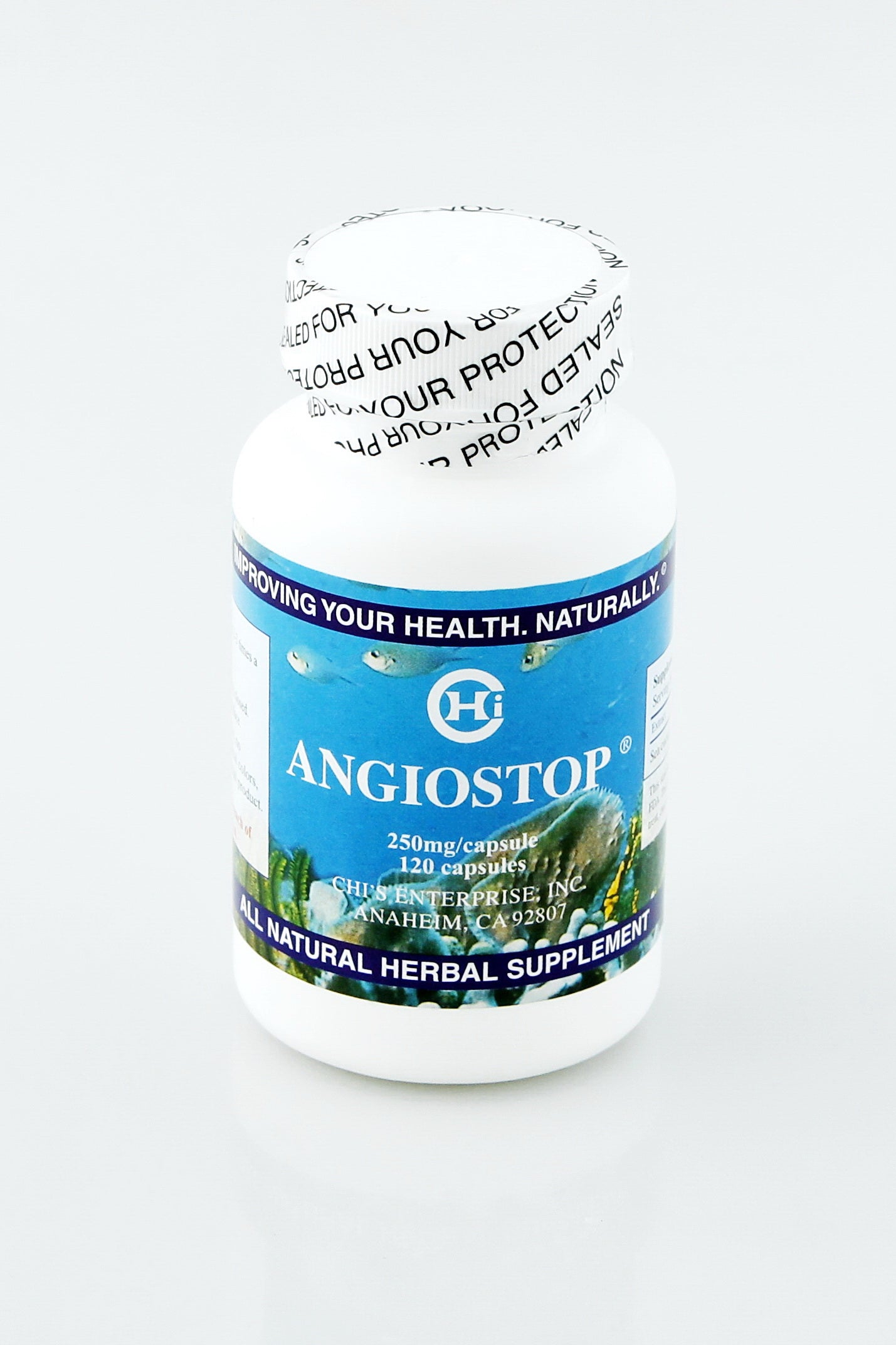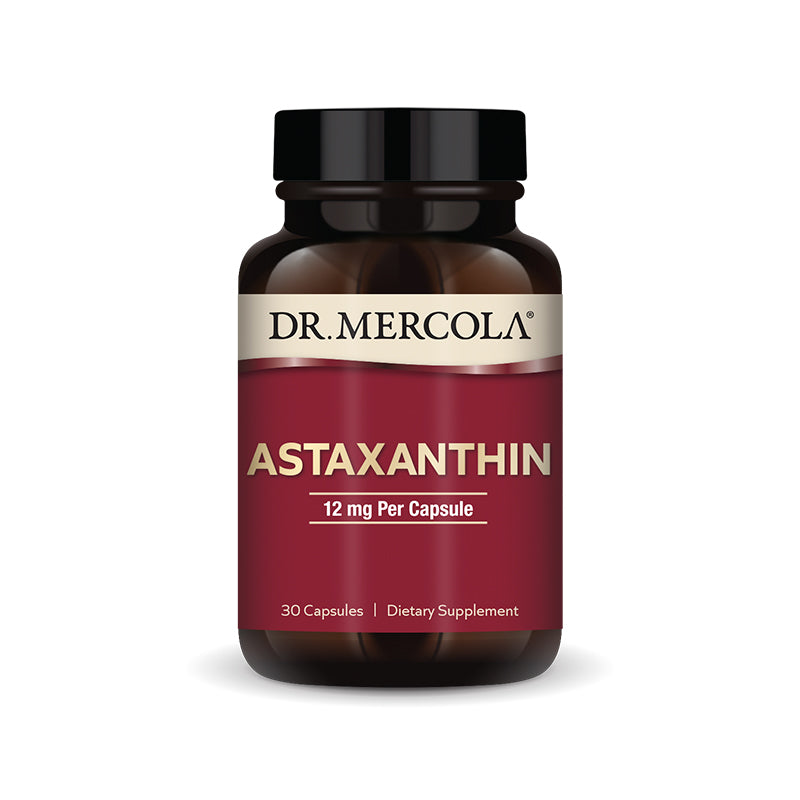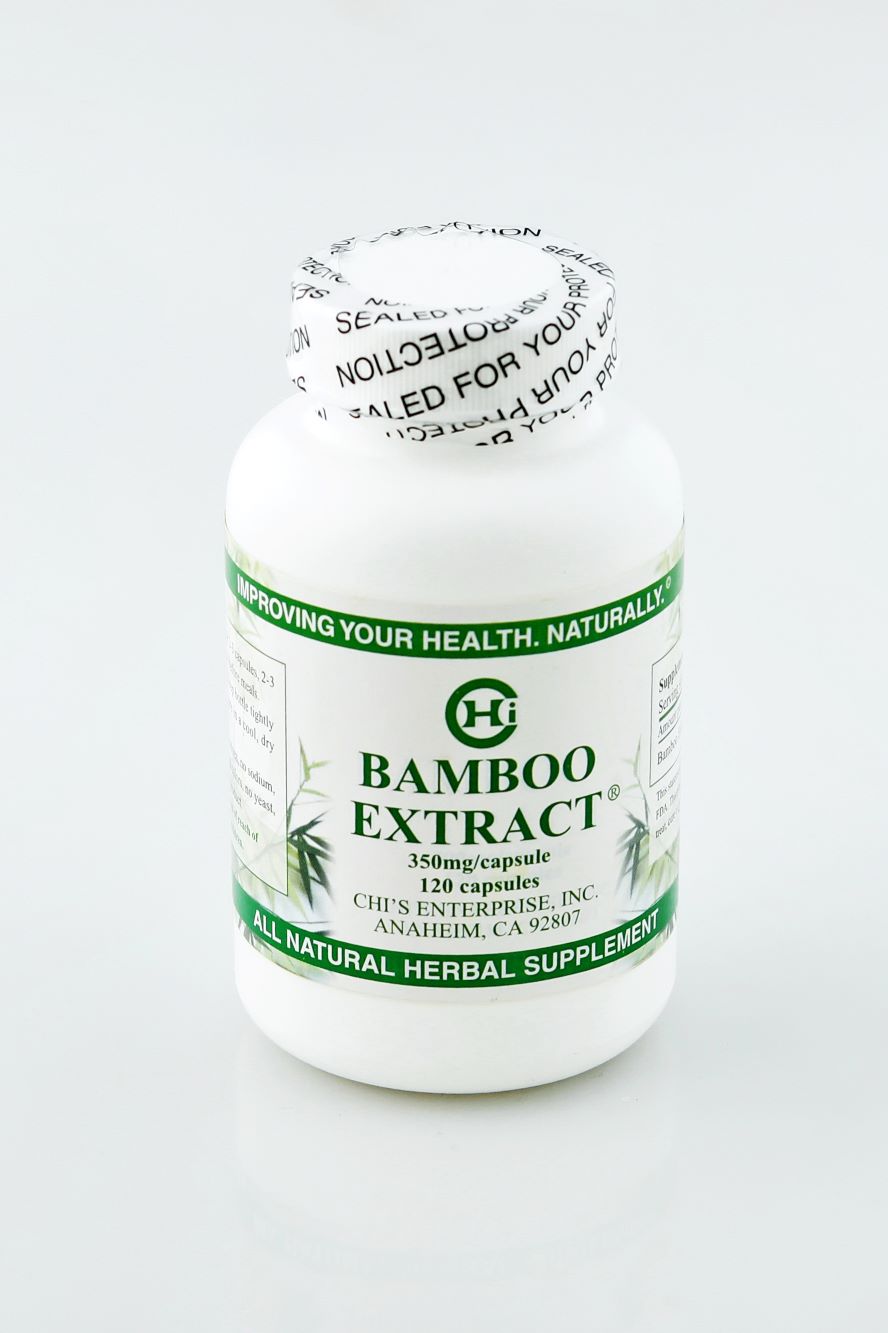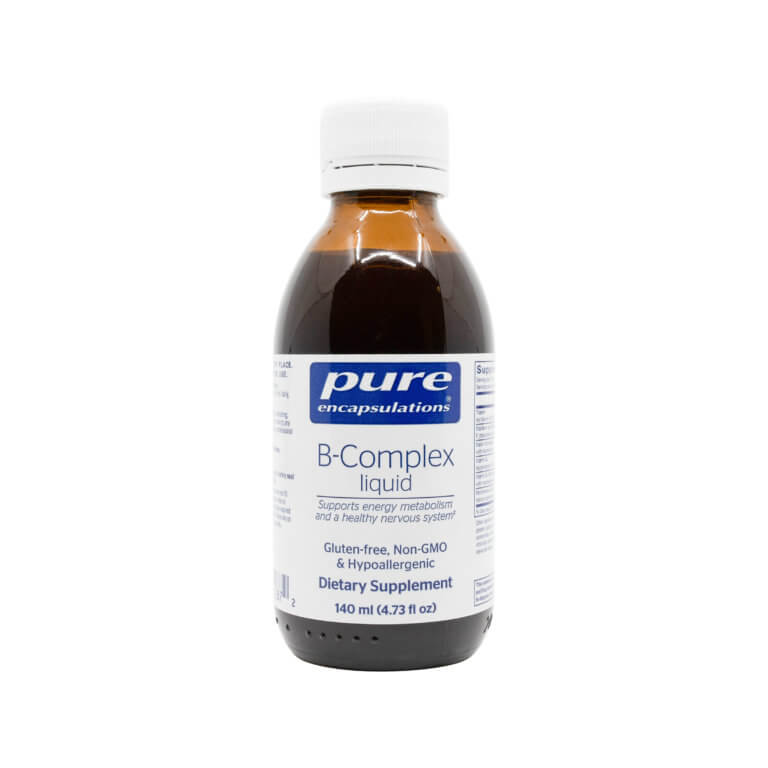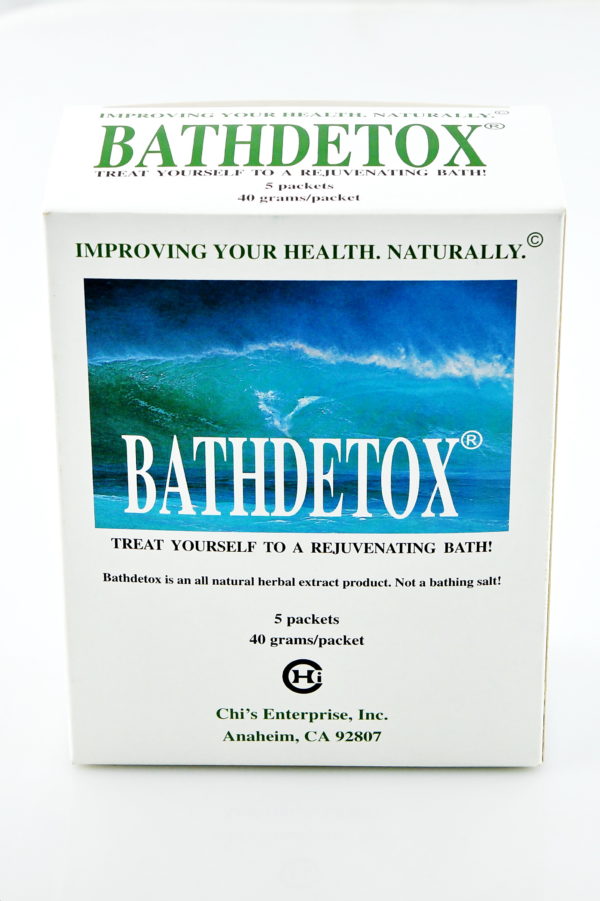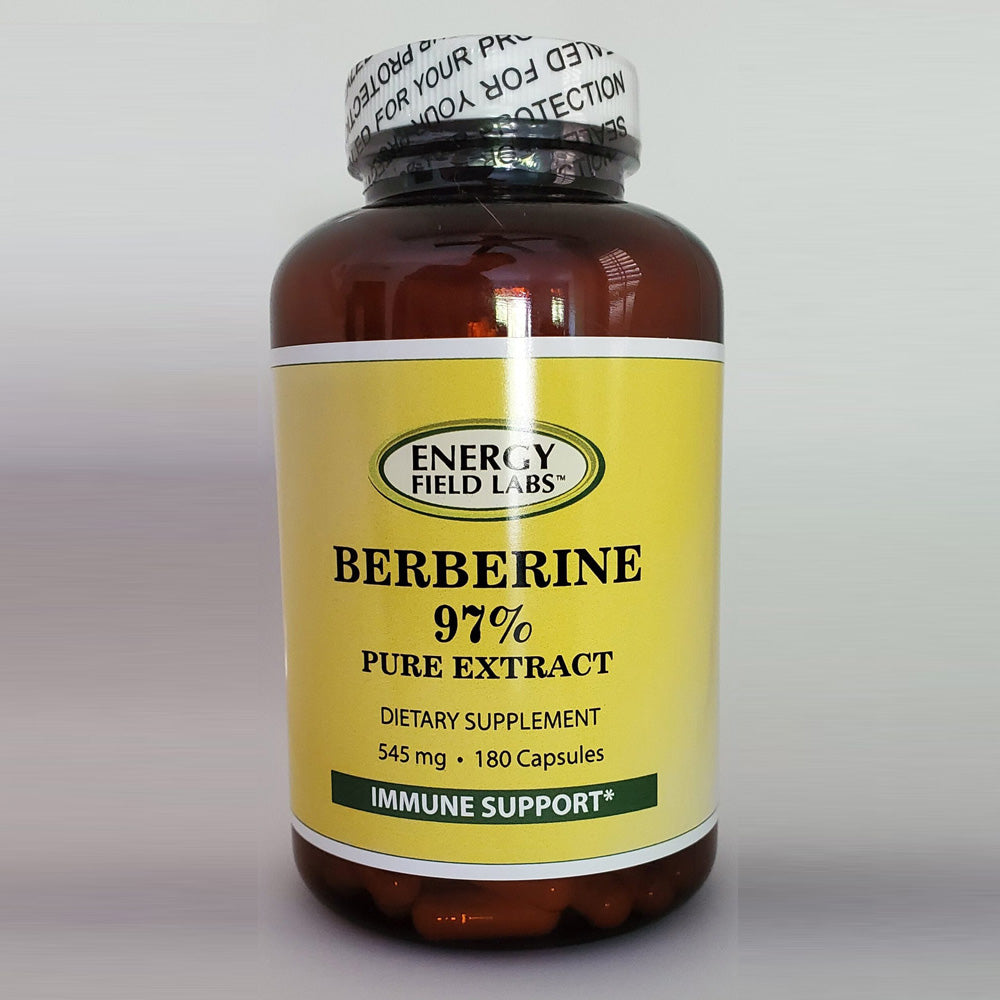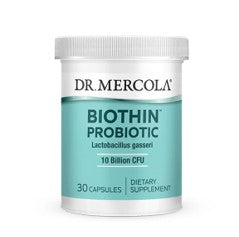Cart
0
by Lynda Buitrago, Holistic Health Thyroid Specialist About 20% of the U.S. population has been diagnosed with hypothyroidism. It’s estimated that an additional 20% also have hypothyroidism but don’t know it, for a potential total of 40% of us affected by hypothyroidism. Of the people who know they have hypothyroidism, at least 50% and up to 90% have been misdiagnosed. The majority of cases of diagnosed hypothyroidism are actually an autoimmune disorder called Hashimoto’s thyroiditis. Two blood markers that are part of a complete thyroid panel identify Hashimoto’s thyroiditis. These are:
- TPO (thyroperoxidase) antibodies
- TG (thyroglobulin) antibodies

